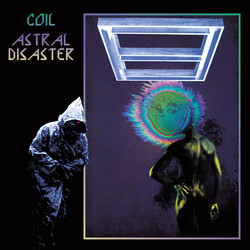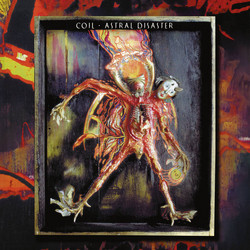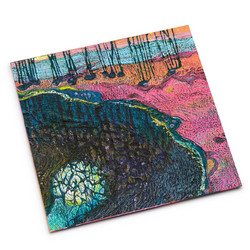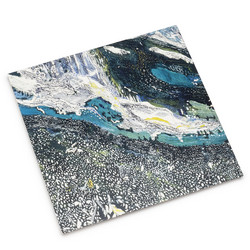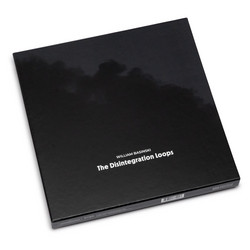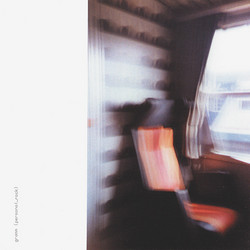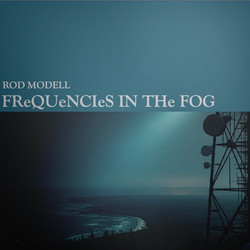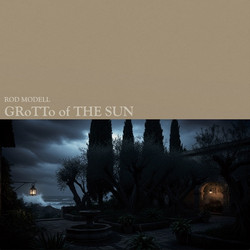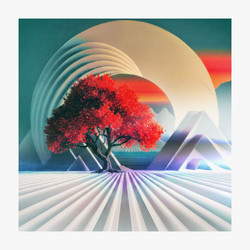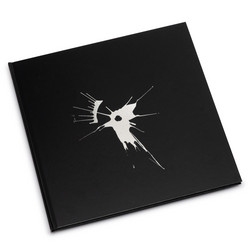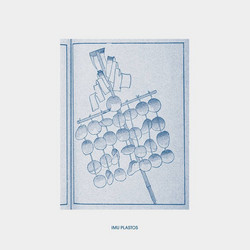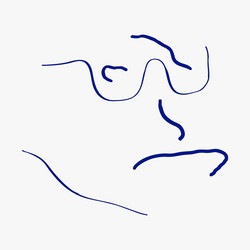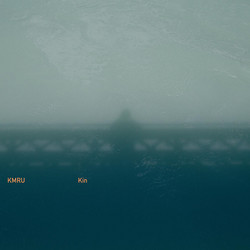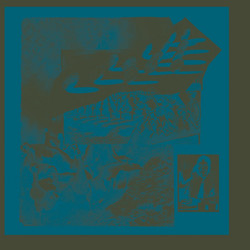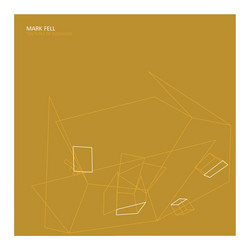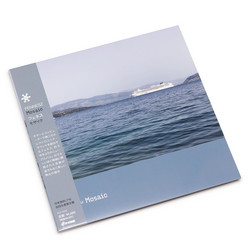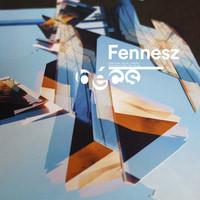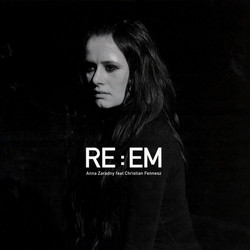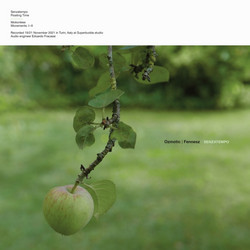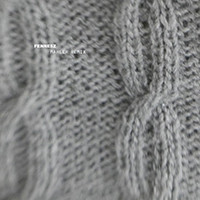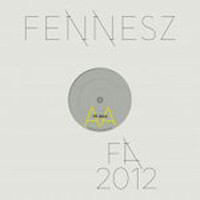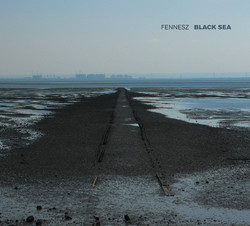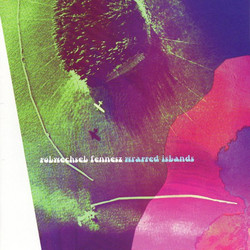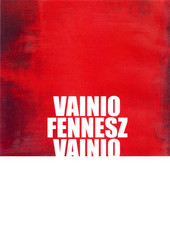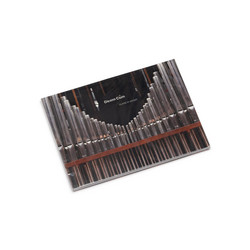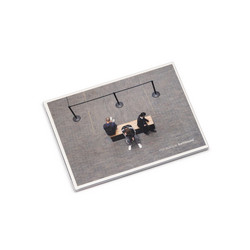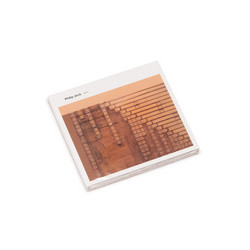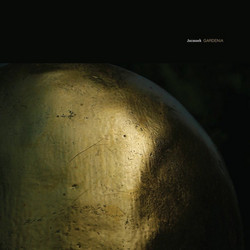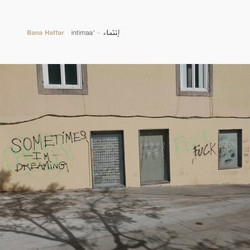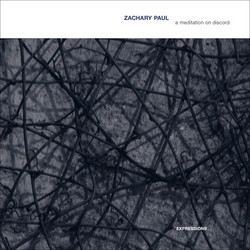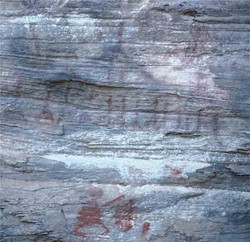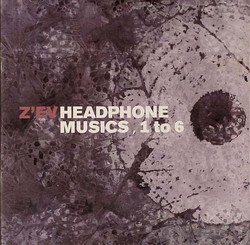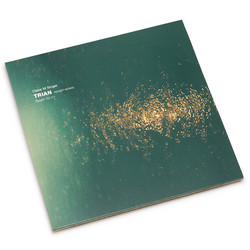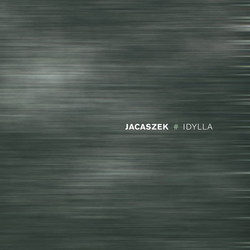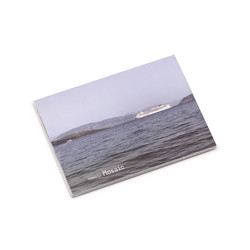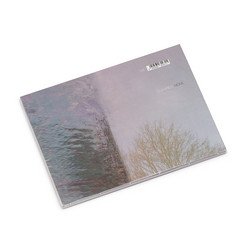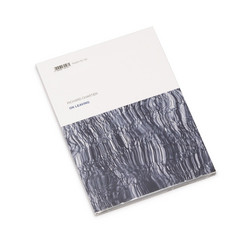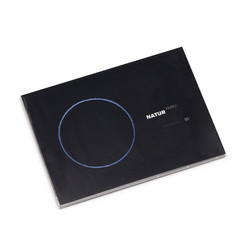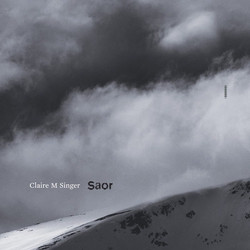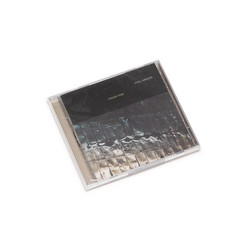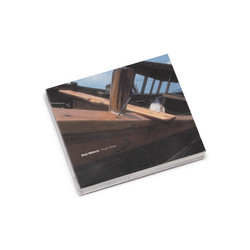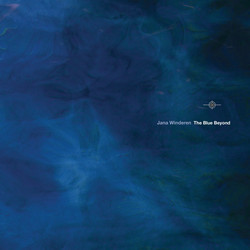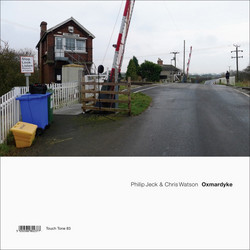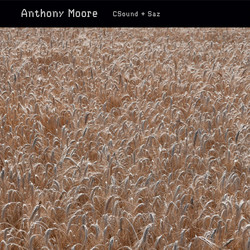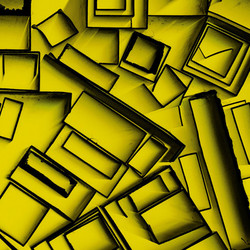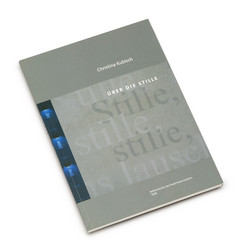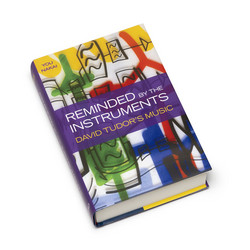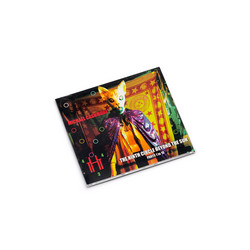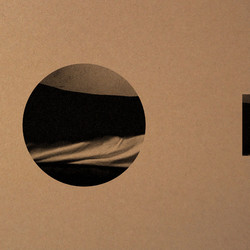Fennesz
Black Sea (2x10")
Christian Fennesz takes his time. He's been a busy guy all through this decade in terms of collaborations, live records, remixes, and so on, but he's only released a few proper albums under his surname, and each has been brilliant. Just before the new millennium he released the 1999 album Plus Forty Seven Degrees 56' 37" Minus Sixteen Degrees 51' 08". It took the blissed-out sense of surrender that My Bloody Valentine specialized in into a harsh and assaultive realm, and the album can seem downright terrifying if you listen to it in the right mood at the proper volume (loud). 2001's Endless Summer established itself immediately as an experimental electronic music classic, and its unique mixture of melody, song structure, and processing has loomed large over the decade. And the eclectic 2004 release Venice solidified the idea that Fennesz was at the very top of his game, developing his keen compositional sense and ear for texture in parallel.
Re-issue of Black Sea, is on the way, and this lead track certainly keeps expectations very high. Beginning with some of Fennesz' trademark neo-industrial gurgles, it folds in bits of guitar and strings rather beautifully, creating a cluster of sound that trembles, seeming to wait for something. And that something moves in gradually in the form of a massive cloud of distortion, a fine white mist of harmonics mixed with a dark undercurrent of rumbling bass. The tension between these elements is so well balanced, each individual element remaining in the mix even as the sound field becomes impossibly dense, that it's no surprise that it takes a while to get it just right. And as it begins to draw down about five minutes in, you can't help but wish that another full Fennesz album was following behind it.
"Fennesz uses guitar and computer to create shimmering, swirling electronic sound of enormous range and complex musicality. "Imagine the electric guitar severed from cliche and all of its physical limitations, shaping a bold new musical language." - City Newspaper, USA
His lush and luminant compositions are anything but sterile computer experiments. They resemble sensitive, telescopic recordings of rainforest insect life or natural atmospheric occurrences, an inherent naturalism permeating each piece.


